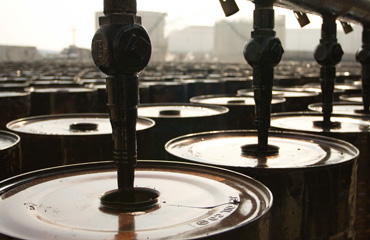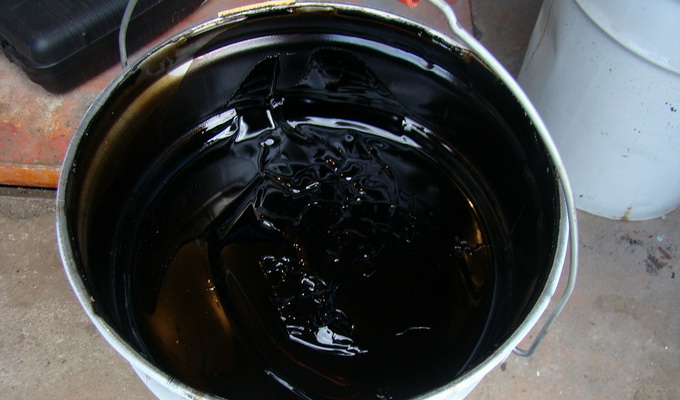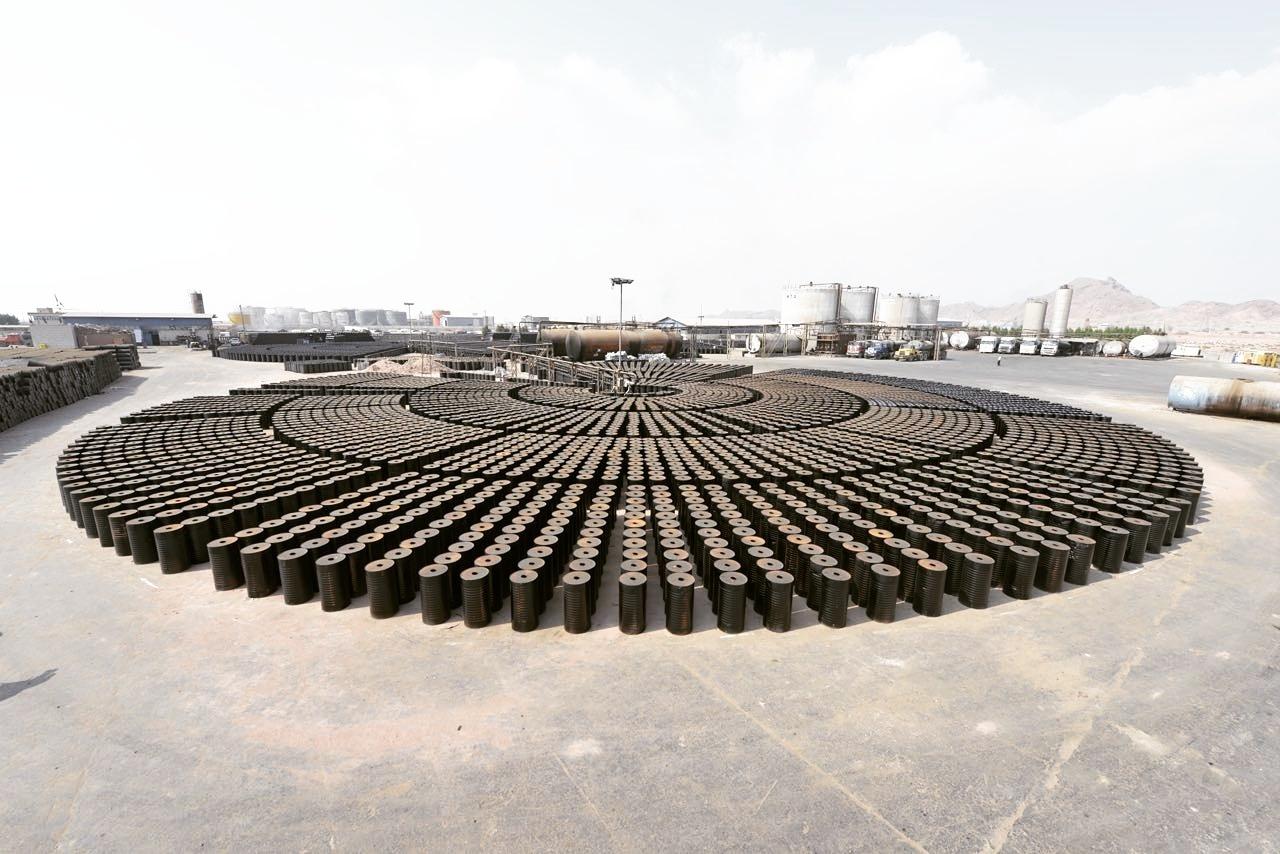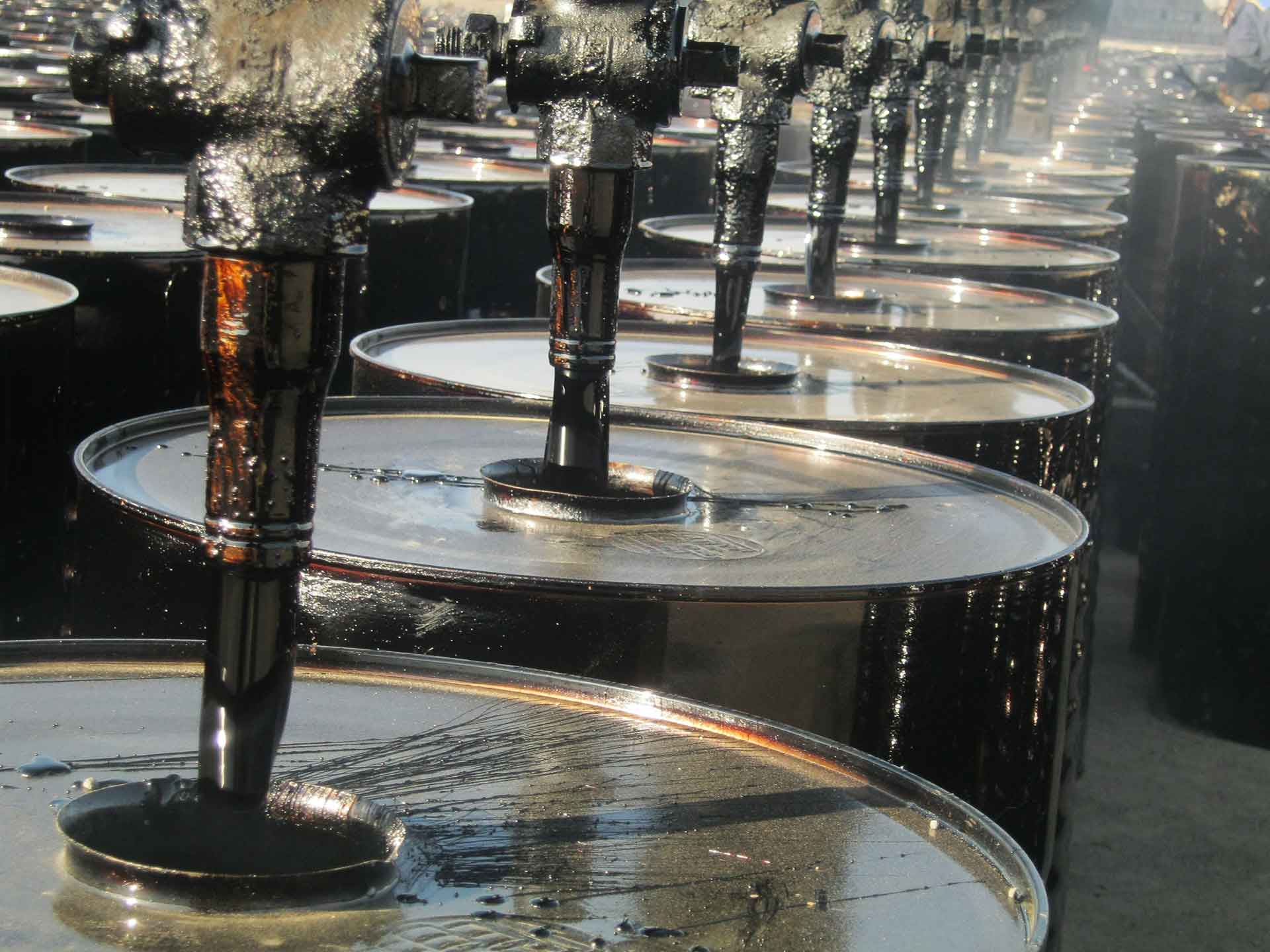
Penetration Bitumen Grade 80/100
Bitumen grade 80/100 is a premium brand that is dark brown or black color similar to cement-shape semi-solid or viscous liquid form produced by the non-destructive refining of crude oil during petroleum refining.
The exact chemical composition of bitumen is dependent on the chemical complexity of the original crude oil and the manufacturing process.
Penetration bitumen grade 80/100 has properties of 80~100 desimilimeter and softening point 42~50 Deg.C.
Bitumen 80/100 could also be a specialist fuel grade, typically exclusively created in regarding 65th of refineries around the world and with a yield of exclusively 3%~4% of the total crude slate, bituminous crudes from the likes of oil countries tend to supply rather additional, but these a further specialized refinement methodology, means that on the way facet the potential of most ancient refineires.
Application of bitumen 80/100 grade:
Penetration bitumen grade 80/100 is used for paving, road construction and used for hot mixed asphalt because of the properties of very strong viscosity compared to other grade.Bitumen 80/100 is Elastic and Plastic:
When one takes a thread of bitumen 80/100 from a sample and stretches or elongates it, it is the power to return to a length preparing to its original length eventually.
For many bitumen 80/100 this technique might take longer than others.
When temperatures unit of measurement raised, equally as once a load is applied to bitumen 80/100, the bitumen 80/100 will flow, but will not come back to its original position once load is removed.
This condition is alleged as plastic behavior. Applying a load implies that you simply place a weight on the bitumen 80/100 therefore on subject it to fret.
This may well be throughout a groundwork science lab or at intervals the bitumen 80/100 final position at intervals the road and it's done to assess the bitumen 80/100 reaction to the load.
Data Sheet of penetration bitumen grade 80/100:
| Bitumen 80/100 | Specification | Test method |
| Specific Gravity @25/25cg | 1.01/1.06 | D-70 |
| Penetration @25 Deg.C | 80/100 | D-5 |
| Softening point, Ddeg.C | 42/50 | D-36 |
| Ductility @ 25 Deg.C | 100min | D-113 |
| Loss on heating (WT) % | 0.2 max | D-6 |
| Drop in penetration after heating % | 20 max | D-6, D-5 |
| Flash point, Deg.C | 250 min | D-92 |
| Solubility IS CS2(WT) % | 99.5 max | D-4 |
| Spot test | negative | A.A.S.H.O.T102 |

Bitumen Penetration grade 10/20
Bitumen Penetration grade 10/20 is a kind of hard penetration grade bitumen which is provided during the process of oxidation of vacuum bottom the bitumen production that drives from distillation tower residue in vacuum oil refineries at bitumen production unit.
Bitumen penetration grade 10/20 ensures long-term savings because it allows for a thinner pavement design, which uses up to 30% less asphalt than traditional designs while ensuring extended pavement life.
Penetration Grade Bitumen is a standard bitumen usually used as a Paving Grade Bitumen essential for road construction and for the production of asphalt pavements with superior properties, and it’s very important once it bounds the aggregates and creates a unique cohesion and stability to the bituminous mix.
Application of bitumen penetration grade 10/20:
Bitumen 10/20 is suitable for road construction and repair for the asphalt pavements with superior properties.This type of bitumen used in the manufacture of hot mix asphalt for bases and wearing courses and the bitumen 10/20 is also for production of pavements.
| Properties Bitumen 10# | specification | Test Method | ||
| 2# | 10# | 30# | ||
| Penetration (25°C, 100g, 5s), 0.1mm | >5 | 10_25 | 26-35 | ASTM D5 / GB T4509 |
| Ductility (25°C), cm | ≥1 | ≥1.5 | ≥3 | ASTM D113 / GB T4508 |
| Softening Ponit, °C | 125-140 | ≥95 | ≥70 | ASTM D36 / GB T4507 |
| Solubility (in CHC13, C2HC13, CC14 or C6H6), % | ≥99 | ≥99.5 | ≥99.5 | ASTM D4 / GB T11148 |
| Flash Point (Open Cup Method), °C | ≥260 | ≥260 | ≥260 | ASTM 92 / GB T267 |
| Loss on Heating by Mass. % | ≤1 | ≤1 | ≤1 | ASTM D6 / GB T11964 |
| Penetration after Loss Heating, % | ≥60 | ≥65 | ≥65 | ASTM D6 |
| Properties bitumen 10# | Test results | Test Method |
| Penetration (25℃, 100g, 5s), 0.1mm | 6 | GB/T4509 |
| Ductility (25℃), cm | 0.08 | GB/T4508 |
| Softening Ponit, ℃ | 96 | GB/T4507 |
| Flash Point (Open cup method), ℃ | 255 | GB/T267 |
| Density (At 25℃,)g/cm3 | >1.0501 | GB/T8928 |
This bitumen is primarily used for the construction of extra-heavy bitumen pavements that have to bear significant traffic loads.
Bitumen VG30 is the most widely used type of bitumen in road construction, insulation, building construction industries, and also in the production of cutback bitumen.
VG 30 bitumen is a popular grade of bitumen in India.
Indian importers prefer this type of bitumen because its performance in Indian road construction is proved.
VG 30 grade bitumen is also used for plastic roads in India.
Because of having good thermal susceptibility, we use VG30 in areas that have a higher temperature.
VG-30 bitumen is also suitable for use in hot and rainy weather conditions instead of bitumen penetration grades.
The more viscose the bitumen, the fewer the chance of being affected by water.
30 In VG 30 bitumen means the range of viscosity [(100 +- 20) * 30] in terms of Poise.
For VG 30 grade bitumen, the minimum viscosity at 60°c is calculated like this: 80 * 30 = 2400 Poise.
The maximum viscosity is also calculated by this formula 120 * 30 = 3600 poise.
The difference between VG10 and VG-30 bitumen is in their viscosity level.
Bitumen VG30 is more viscose than bitumen VG 10 and as a result, performs better in road construction in hot regions.
It is suitable for temperature above 300C,
For a clayed soil, bitumen with higher viscosity is more suitable,
VG30 is more suitable for road construction in a rainy weather.
Viscosity Grade Bitumen Specifications Table
| CHARACTERISTICS | VG-10 | VG-20 | VG-30 | VG-40 | |
| Absolute Viscosity 60°C, Poises, min | 800 | 1600 | 2400 | 3200 | |
| Kinematic Viscosity, 135°C, CST, min | 250 | 300 | 350 | 400 | |
| Flash point, C, min | 220 | 220 | 220 | 220 | |
| Solubility in trichloroethylene, %, min | 99 | 99 | 99 | 99 | |
| Penetration at 25°C | 80-100 | 60 | 50-70 | 40-60 | |
| Softening point, C, min | 40 | 45 | 47 | 25 | |
| Viscosity ratio at 60°C, max | 4 | 40 | 4 | 4 | |
| Ductility at 25°C, cm, min, after thin film over test | 75 | 50 | 40 | 25 | |











